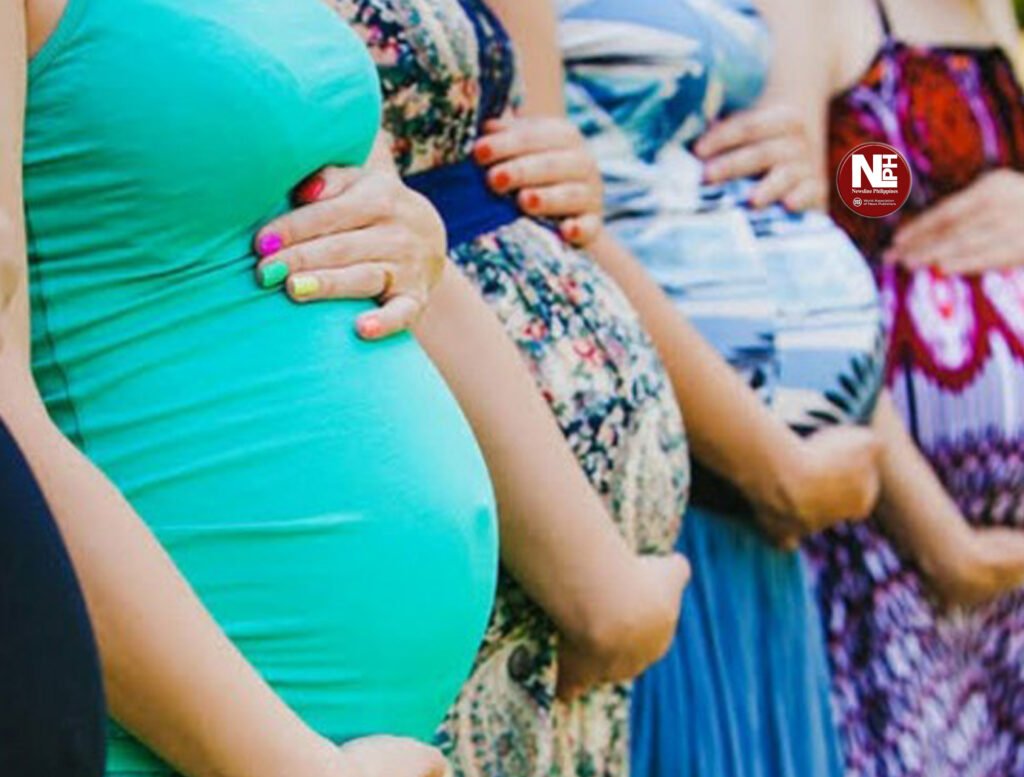
MANILA (October 14) — Advocates are pressing government leaders to scale up investments in sexual and reproductive health (SRH) services as adolescent pregnancies rise in the Philippines, underscoring gaps in access, education, and protection for vulnerable groups.
Data from the Civil Registration and Vital Statistics show births among girls aged 10 to 14 jumped from 2,411 in 2019 to 3,343 in 2023 — a worrying trend experts say signals systemic failures in preventive education, service delivery, and community support.
Bayer Philippines and United Nations Population Fund (UNFPA) are urging the national and local governments to prioritize comprehensive SRH programs and ensure adequate funding for education, contraceptive access, and youth-focused services.
“Young people must have the knowledge, skills, and support to make informed decisions,” said Neus Bernabeu, UNFPA country representative. “Reproductive health is a human right. It demands not just programs — but policy action and accountability.”
Despite over nine million Filipinos currently using family planning, 42% of sexually active unmarried women remain without access to their preferred contraceptive method. Advocates argue this reflects structural barriers, uneven service delivery, and persistent stigma — especially in rural and underserved areas.
The Forum for Family Planning and Development President Corazon Raymundo called on government agencies to fully implement the Reproductive Health Law, expand funding for local health units, and strengthen partnerships with civil society.
“This is a governance issue,” Raymundo said. “We need clear accountability, adequate resources, and policies that reach the most vulnerable. SRH must be treated as a core public service — not an afterthought.”

